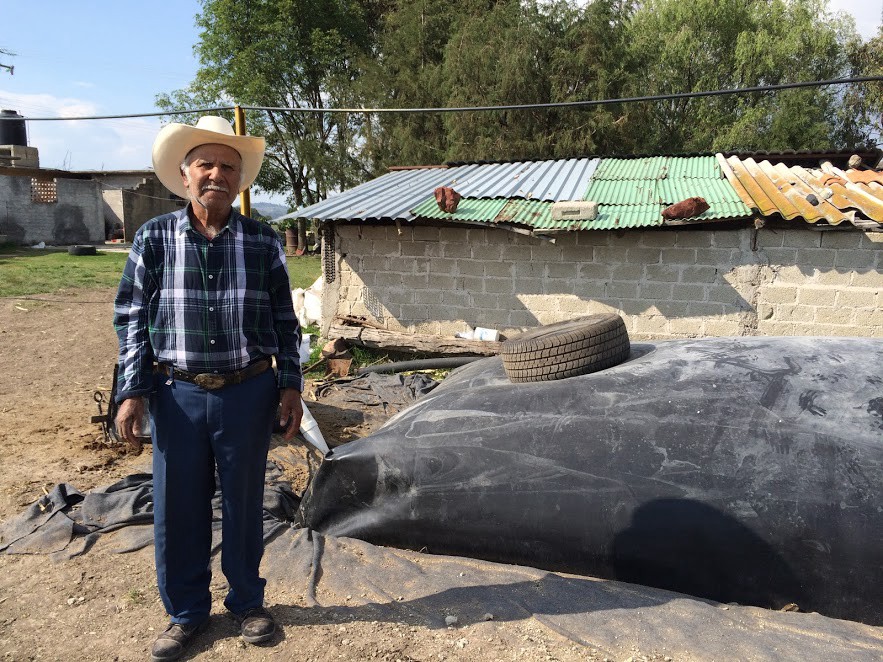There’s nothing like a deadline for delivering impact.
Sistema Biobolsa sells small-scale biodigesters to Mexican farmers to turn agricultural waste into clean energy and fertilizer. In seven years, it has sold 5,000 of its biodigester systems in Mexico, Colombia and Kenya.
If it sells 50,000 new systems in the next five years, it gets to skip the final payment of a five-year loan.
The $75,000 working-capital loan comes from Beneficial Returns, which launched last year to help social enterprises gain access to debt and credit, rather than equity. Beneficial Returns’ Ted Levinson works with borrowers to set targets, and waives the final payment if the targets are met.
“Even though that’s lost income for us, Beneficial Returns would be thrilled if they met that target,” Levinson told ImpactAlpha. “I don’t know why more lenders don’t do that.”
Last year, Beneficial Returns agreed to waive the last payment of a five-year loan to Mexican solar installer Iluméxico if the enterprise hits its goal of adding 20,000 solar installations over the next five years.
Beneficial Returns includes impact incentives in loan to Iluméxico
Sistema Biobolsa is in the process of raising an $8 million funding round, which will be roughly evenly split between debt and equity. Beneficial’s loan will help the Mexico City-based company purchase materials for its biodigester systems and manufacture and ship them from its factory. Sistema Bio’s Alex Eaton tells ImpactAlpha that in the midst of fundraising, smaller investment amounts like Beneficial Returns’ play an important role, particularly for companies with high working capital costs like Sistema Bio.
“It allows us to raise without being under cash stress,” he says. Beneficial Returns already has plans to make follow-on loans to the company. (Listen to Alex Eaton on ImpactAlpha’s Returns on Investment podcast.)
https://medium.com/media/90453279a39785840f117dd833d23888/href
Beneficial Returns has a new investor of its own. Halloran Philanthropies agreed to invest $130,000 to support Beneficial’s equipment loans to social enterprises in energy, agriculture and waste management in Latin America and Asia. Levinson says Beneficial accepts investments of as little as $50,000 to allow smaller philanthropic organizations engage in impact investing.
“Philanthropic dollars are society’s risk capital,” Levinson says. “The people who can afford to wait the longest and take the most risk need to do this.”
Eaton says that it is essential for social enterprises to find investment partners willing to reinvest as they grow. This year, Sistema Biobolsa expects to produce as many units as it has cumulatively since the company first started selling seven years ago.
“All the technology we need to make change is already there. [Making an impact] is about supporting business models that can grow with the same DNA that they start with.”











